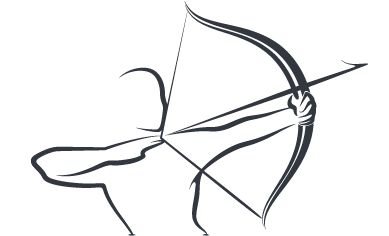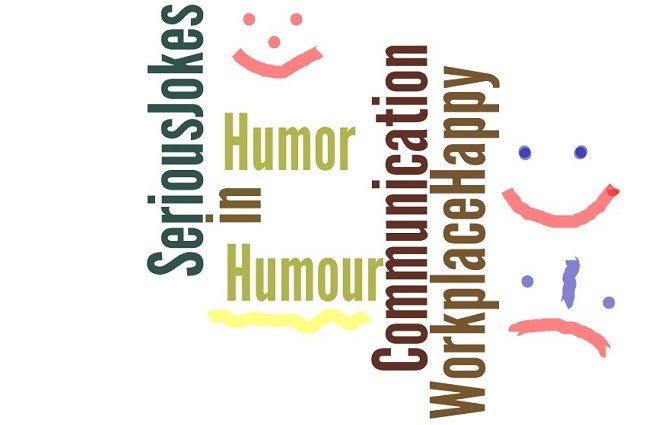A joke’s a very serious thing. Charles Churchill (British Poet; 1731-1764) The Intellect maybe, or the speaking skills or you want to stand up for writing skills or you might be eager to claim it is the capacity of listening. I acknowledge all these as significant and integral to communicative intentions but I do not take them as the indispensable features of modern communication.
To me, the ‘in demand’ function of interpersonal and social communication is to create Laughter-Smile-Humour!
What makes you realise that you are more human than other creatures that do not have the faculty of understanding?
George Bernard Shaw, the master playwright, and orator had advised:
"If you’re going to tell people the truth, you’d better make them laugh. Otherwise, they’ll kill you."
This is true - if only the connotations of the word ‘Kill’ are taken positively otherwise. Now think- How many of can take the things Otherwise and to the Right Perspective? We believe we all do! Do we fail in communicating serious matters which are less news and more of advice or assertions? We fail at the very junction where G.B. Shaw stands with his placard of recommendations to Communicators:
“Use Humour, for your sake and for the presence of all.”
We seldom deny the fact that people who can earn more from us are those who make us happy. To be precise- who are entertaining; who make us laugh- I prefer to listen to the one Who Doesn't bring Boredom!
I am reminded of Late Jaspal Bhatti (An Artist is known for pure humour) when I see people yawning in the meetings which are organised ‘just for the sake of records’ and focus more on refreshments than on agenda. I also want you to recollect your memories of the Common Man Cartoons of R.K. Laxman.
A young and an older mid-level corporate manager have offices right across from each other. Each one spends about half of his time each day in meetings. At the end of the day, the older manager always looks fresh and alert, while the young manager is always exhausted and emotionally drained. Finally, one day following four consecutive meetings, the young guy says to the older, "I don’t get it. How do you manage to get through all these meetings and still look energetic at the end of the day? These meetings just wipe me out." The older manager says, "So who listens?"
Humour is not defined in various manners. All who have attempted to set the contours have reached the same conclusion: “Play ON Words and Situations”. This is not a recommendation to use the words in whatever manner you wish. Neither it is a suggestion to cross the limit of civilized use of vocabulary nor is it about creating loud comedy. It is “Prompt Acknowledgement of the Opportunity in the Word or Situation and sidetracking it to create laughter-a loud one or an official one.” The literature says the forms of humour are: Farce, Limerick, and Parody. We have heard of Jokes, Satire, Comedy, Anecdotes, Cartoons in Print or Animated ones, Comics, Mimicry etc.
Microsoft Encarta Encyclopedia defines it as: “Humor, words or actions intended to cause laughter. Humour is often categorized broadly as Comedy, the humour of exaggeration or incongruity, and Wit, the humour of analogy and word-play.”







